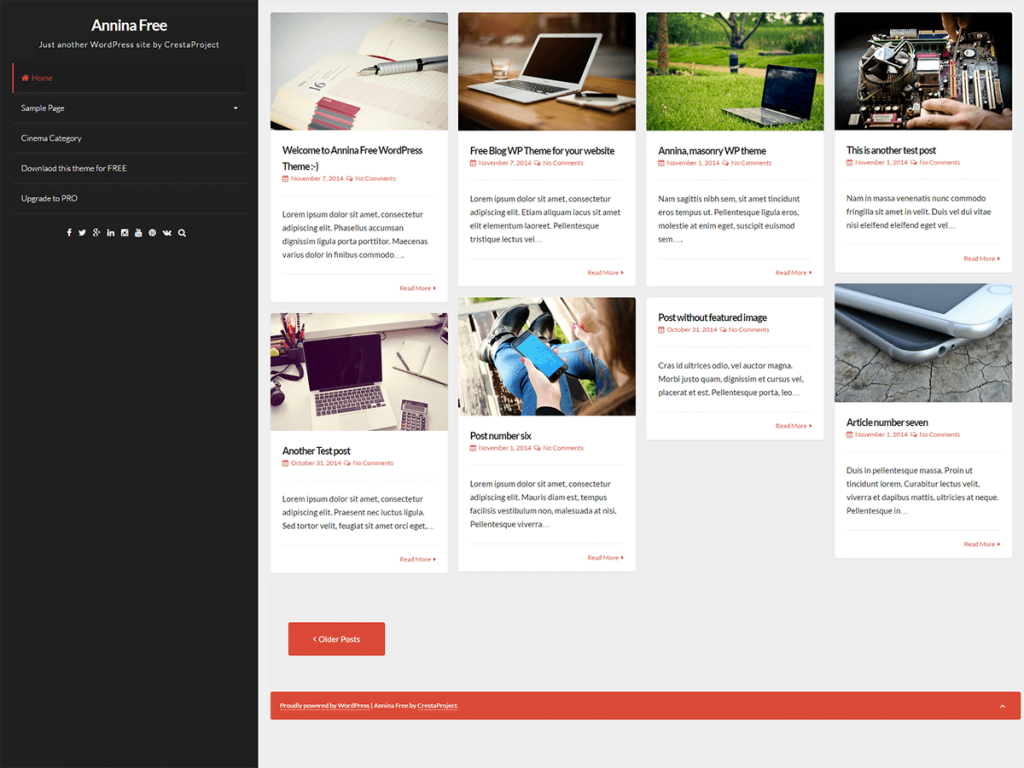The news: A 25-minute clip of an upcoming documentary featuring a well-known anti-vaccine conspiracy theorist was viewed millions of times this week on social media, before Facebook and YouTube pledged to remove copies of it from their platforms. On Thursday, Facebook told reporters that the documentary violated its policies by promoting the potentially harmful claim that wearing a mask can make you ill. According to Digital Trends, the clip had more than 1.8 million views and 150,000 shares on Facebook. It was also viewed millions of times on YouTube before being removed for violating covid-19 misinformation policies.
How it spread: Anti-vaccine activists have drawn millions of views on social media by promoting covid-19 conspiracy theories. As we reported earlier, this isn’t an accident: activists are seeking out larger audiences in the middle of the pandemic by using the same techniques that YouTube creators and influencers use to get views. They’ve sought out interviews with bigger, more mainstream YouTubers, latched on to existing trends, encouraged their fans to amplify their messages, and built presences on every social platform they can find. Renee DiResta, a researcher at the Stanford Internet Observatory who works to combat this type of misinformation, told us this week that if anti-vaccine activists feel they “can create content people will find if they search for a specific term,” they’ll invest the time.
When copies of “Plandemic” began to disappear from YouTube, supporters bombarded Twitter with claims that they were being unfairly censored. The documentary subsequently became a trending hashtag on Thursday, driving even more attention, outrage, and media coverage to it.
The potential harm: “Plandemic,” along with other conspiracy-oriented videos, contain several inaccurate claims that could lead people to try ineffective, sometimes dangerous treatments for covid-19, or encourage people to ignore public health guidelines for staying safe. Judy Mikovits, the anti-vaccine figure featured in “Plandemic,” told YouTuber Patrick Bet-David in a lengthy conversation last week that a flu vaccine from the mid-2010s is “driving the pandemic,” that wearing a mask will “activate” the virus in the body, and that Anthony Fauci should be charged with “treason.” Some of those claims were repeated in the clip, which itself was supposed to be a teaser for a longer documentary.
David Gorski, a surgical oncologist at Wayne State University School of Medicine who is a well-known expert on medical misinformation, has a thorough rundown debunking the claims here.
How to stop it: Experts have said that some of the things platforms are trying, such as removing content promoting misinformation or extreme views, elevating reliable information in recommendations and search, and providing information boxes on borderline videos or posts that provide authoritative information, can help. But platforms like YouTube and Facebook have struggled to enforce these policies quickly enough to prevent videos like “Plandemic” from being widely shared and viewed anyway. There’s another challenge, too: misinformation, particularly health misinformation, thrives when reliable information is scant or unavailable. This is a particular problem in the current pandemic, as doctors and scientists are racing to understand a disease that didn’t exist six months ago. If conspiracy theorists are behind most of the content relating to specific ideas or search terms, then people Googling those terms out of curiosity will find themselves in an algorithmic tunnel of unreliable sources.
Some doctors have worked to fill these voids by becoming influencers themselves, debunking popular misinformation to their large followings on the platforms where those ideas are spreading. Zubin Damania, a physician and online personality, posted “A Doctor Reacts To ‘Plandemic’” to his YouTube channel earlier this week.
“This is crazy,” he said in the video. “Don’t waste your time watching it. Don’t waste your time sharing it. Don’t waste your time talking about it. I can’t believe I’m wasting my time doing this. But I just want to stop getting messages about it.” The video has more than 1.3 million views.


